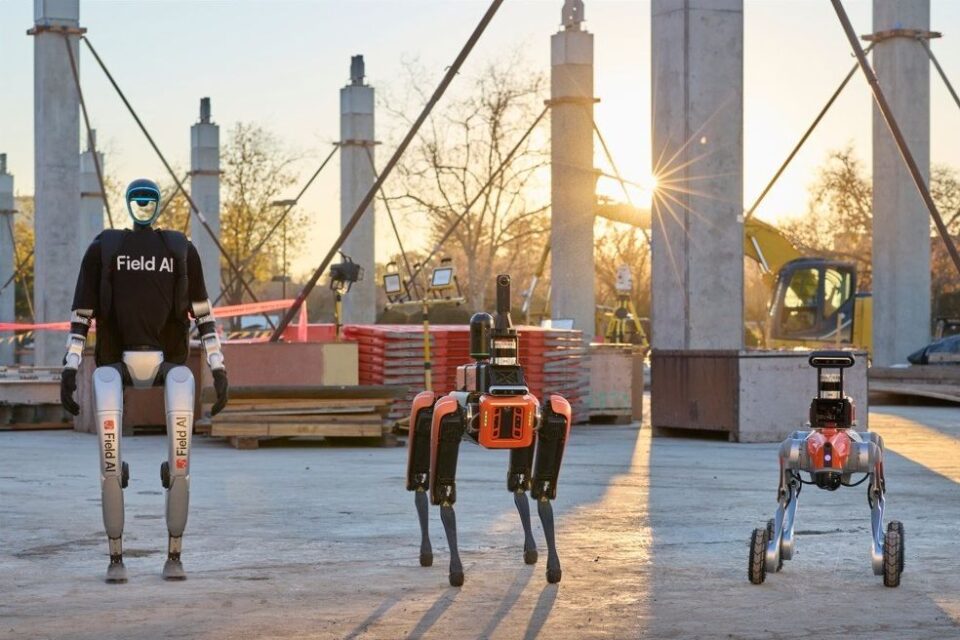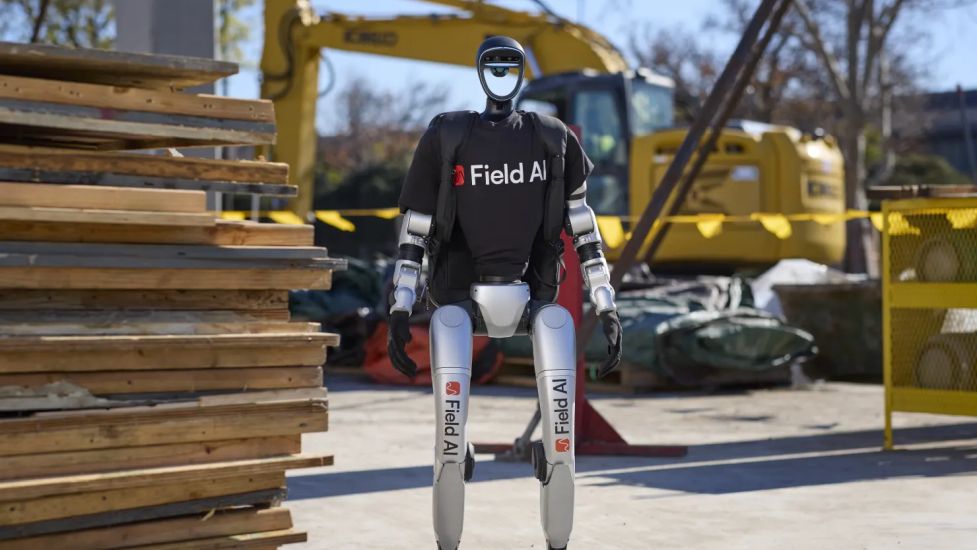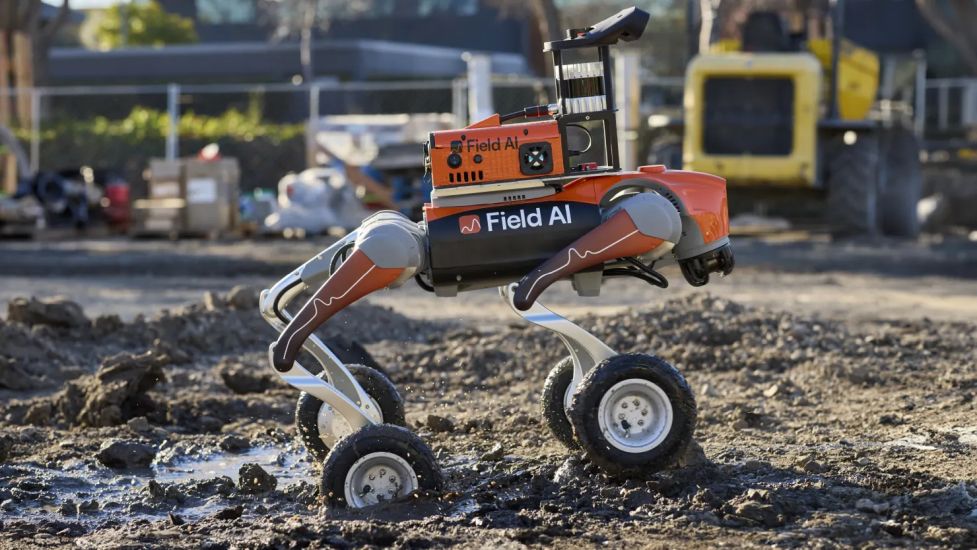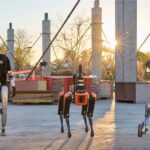FieldAI raises $405M in funding at $2B valuation, backed by Bill Gates, Jeff Bezos, and Nvidia

Robotics is no longer stuck in the lab. That’s the bet investors are making on FieldAI, a two-year-old startup building what it calls a single “software brain” for machines. The company announced Wednesday it has secured $405 million across two consecutive funding rounds, pushing its valuation to $2 billion and drawing in a heavyweight list of backers that includes Jeff Bezos’ family office, Bill Gates’ fund, and Nvidia’s venture arm.
Founder and CEO Ali Agha described the moment as an inflection point, saying that hardware and software are finally aligning in a way that makes scalable, real-world robotic autonomy possible. FieldAI isn’t just tinkering with prototypes—it already has robots working daily jobs across Japan, Europe, and the U.S. in industries like construction, energy, manufacturing, and logistics.
“Our team has spent years in the field, driving major breakthroughs in ‘field robotics’ and safety-critical robotic AI in complex environments,” Agha said.
“With a deep understanding of the resilience and robustness required to deploy robotic AI in complex real-world conditions, we have taken a fundamentally different approach. Rather than attempting to shoehorn large language and vision models into robotics—only to address their hallucinations and limitations as an afterthought—we have designed intrinsically risk-aware architectures from the ground up. With Field Foundation Models, we are enabling robotic operations to scale seamlessly across diverse environments with varying risk profiles, moving beyond the constraints of traditional solutions.”
Bill Gates, Jeff Bezos, and Nvidia Back $405M in Robotics AI Startup FieldAI

The company’s pitch is bold: instead of building single-purpose robots, FieldAI has created Field Foundation Models (FFMs), physics-first foundation models for embodied intelligence. These models give robots the ability to adapt in unpredictable environments—mining sites, factories, urban delivery routes—without needing pre-mapped instructions, GPS, or tightly controlled conditions. According to the company, its approach lets robots learn on the job while managing safety risks, a capability proven across quadrupeds, humanoids, wheeled machines, and even passenger-scale vehicles.
That vision has resonated with investors. Alongside Bezos Expeditions, Gates Frontier, and NVentures, the rounds pulled in funding from Intel Capital, Khosla Ventures, Temasek, Samsung, Emerson Collective, Prysm, and Canaan Partners. Agha said the rounds were oversubscribed and that most of the capital came from investors reaching out to FieldAI, not the other way around.
The company’s timing couldn’t be sharper. Robotics startups are experiencing a rush of interest as companies search for new ways to tackle labor shortages and operational inefficiencies. Just in June, Gecko Robotics, a fellow CNBC Disruptor 50 company, raised $125 million to join the unicorn club.
What sets FieldAI apart is its team and its approach. The startup has drawn talent from DeepMind, SpaceX, Tesla Autopilot, Amazon, and NASA. Agha himself spent nearly a decade at NASA’s Jet Propulsion Laboratory, working on robotics autonomy before launching FieldAI in Irvine, California. Since then, the company has been hiring aggressively, adding more than 100 roles in recent months and planning to double its headcount by year’s end.
“We are growing,” Agha told CNBC. “This funding announcement is to respond to the customer demand.”
With $405 million in fresh capital, FieldAI now has the resources to scale its models across industries and geographies. For Agha, the mission is simple: make general-purpose robotics not just a possibility, but an everyday reality.





